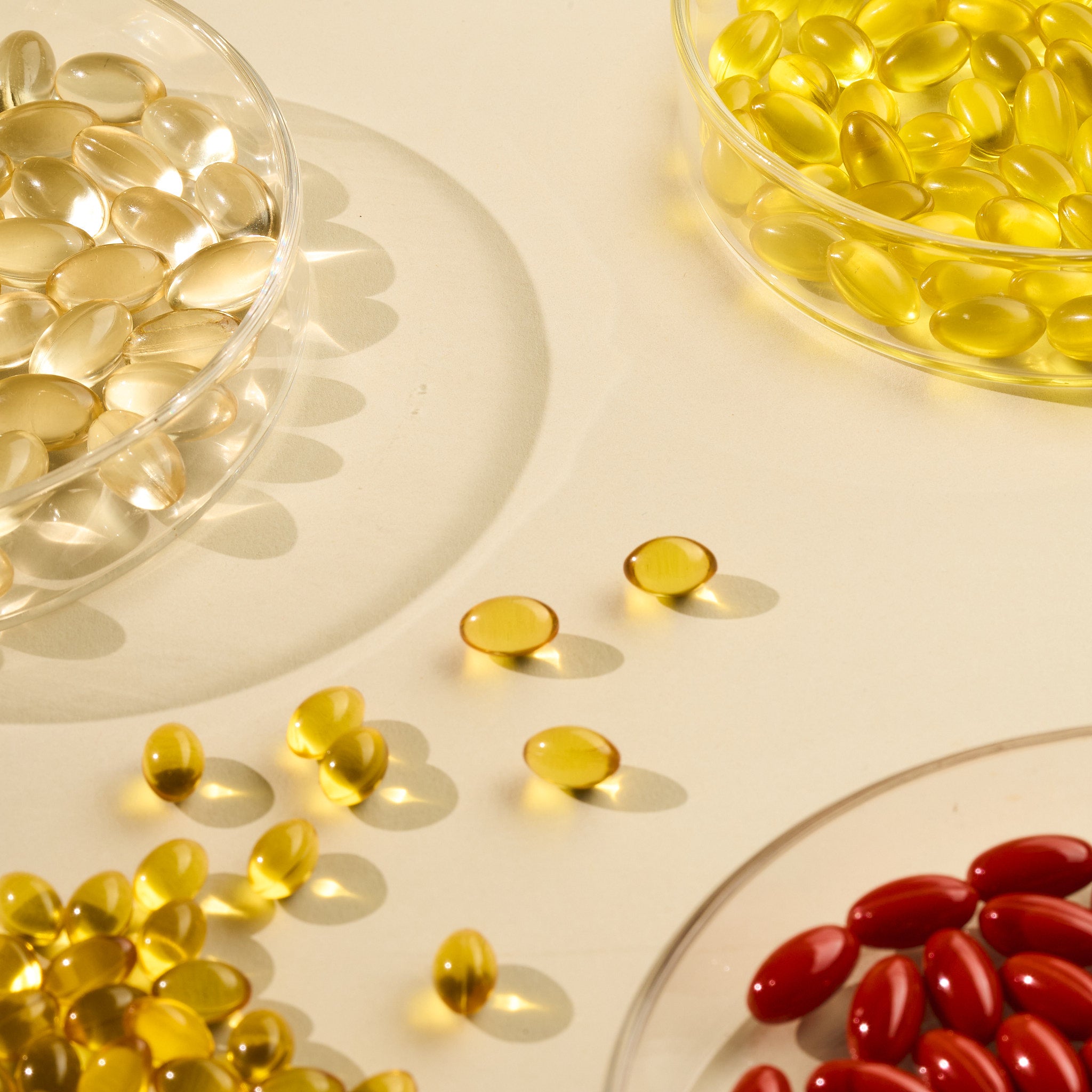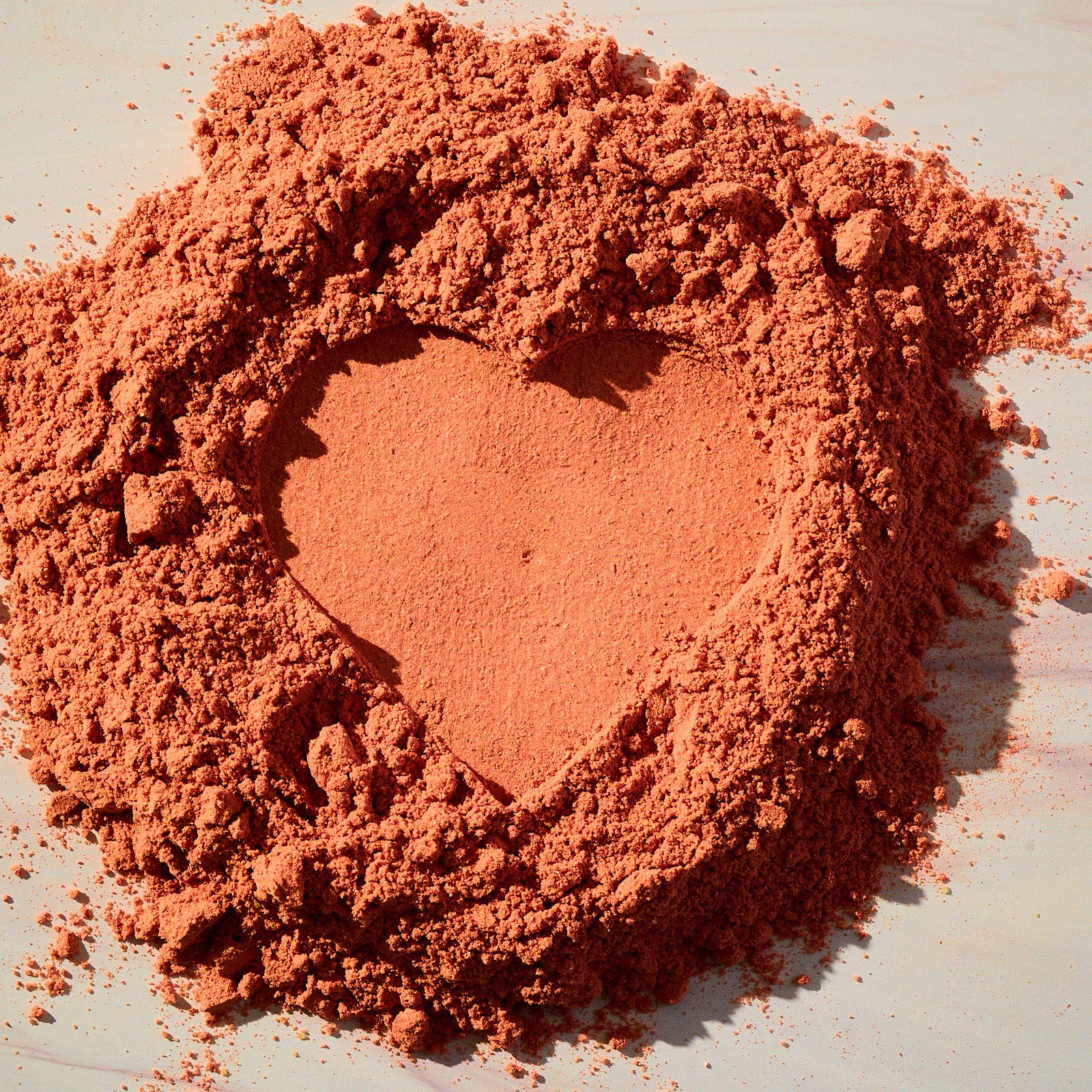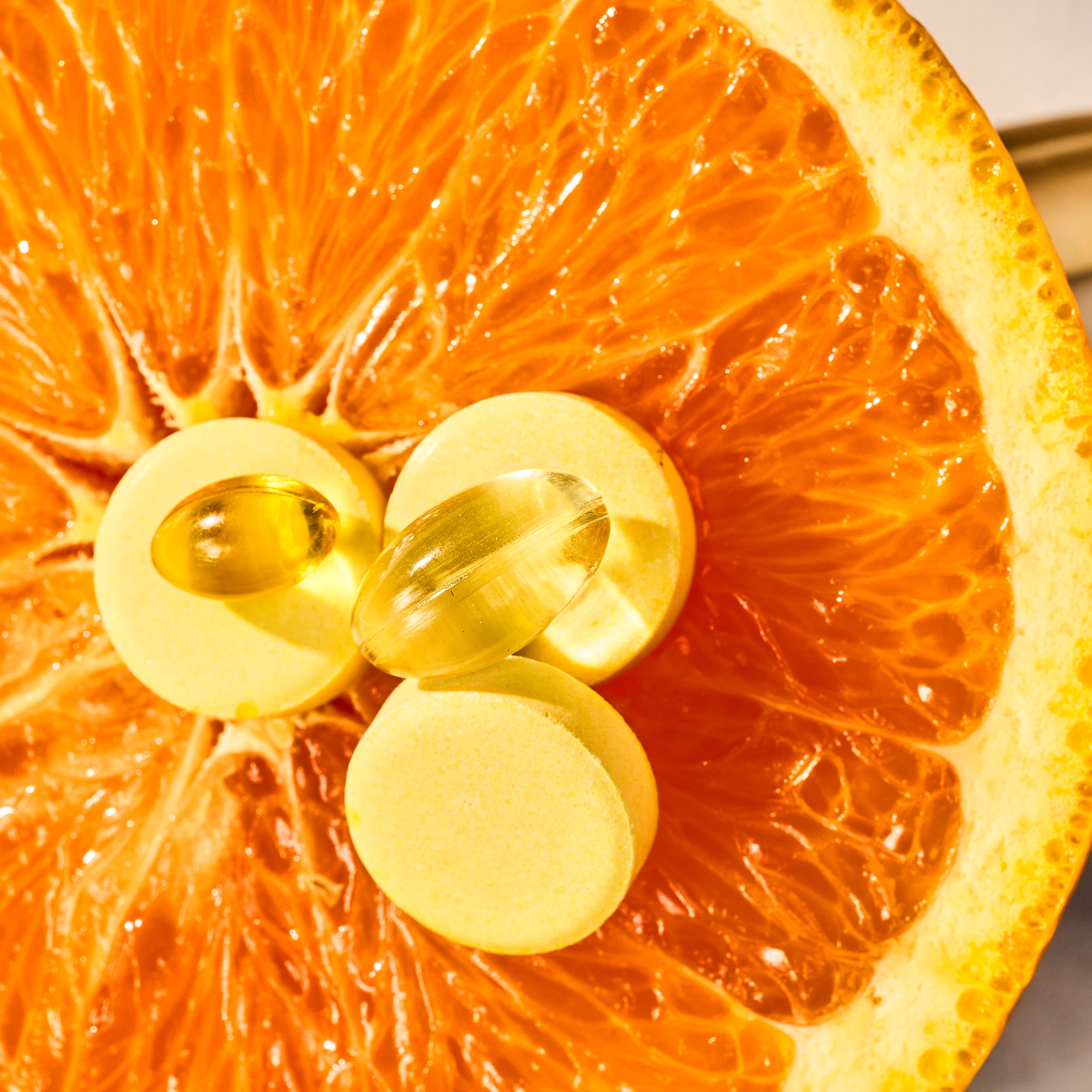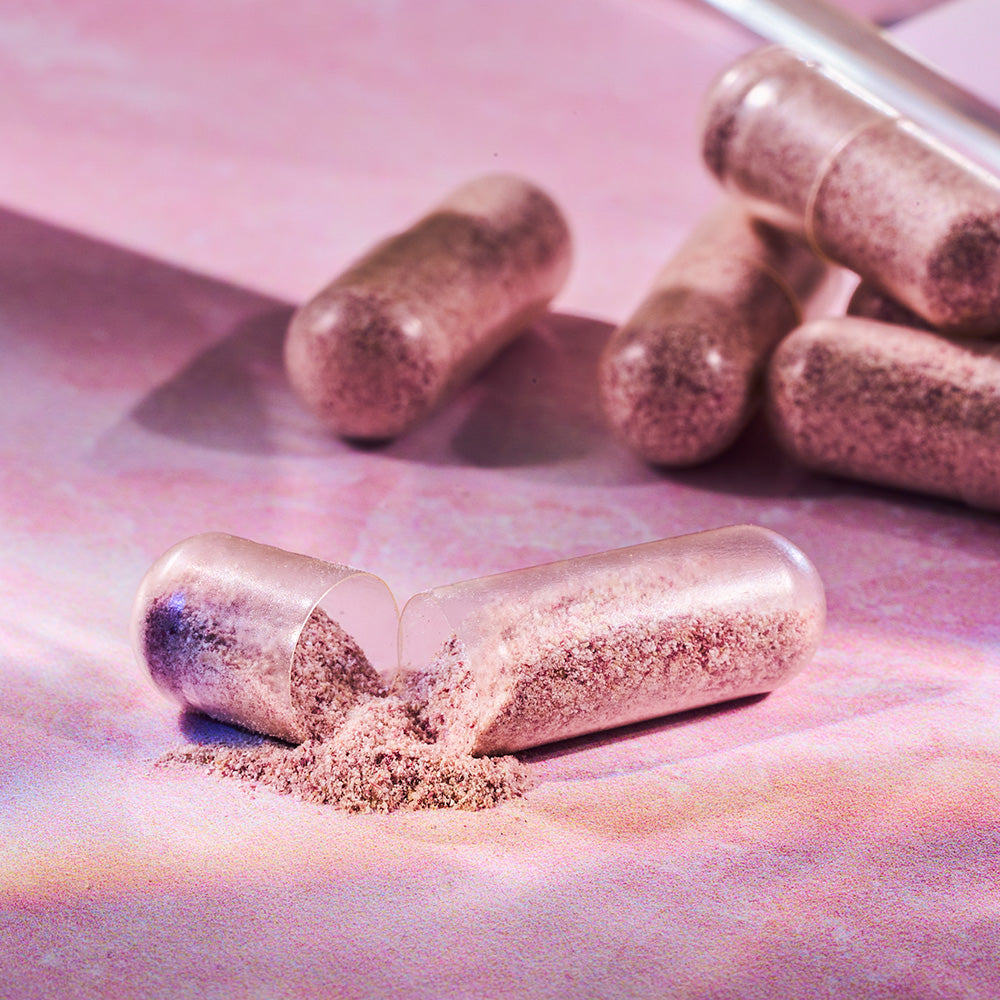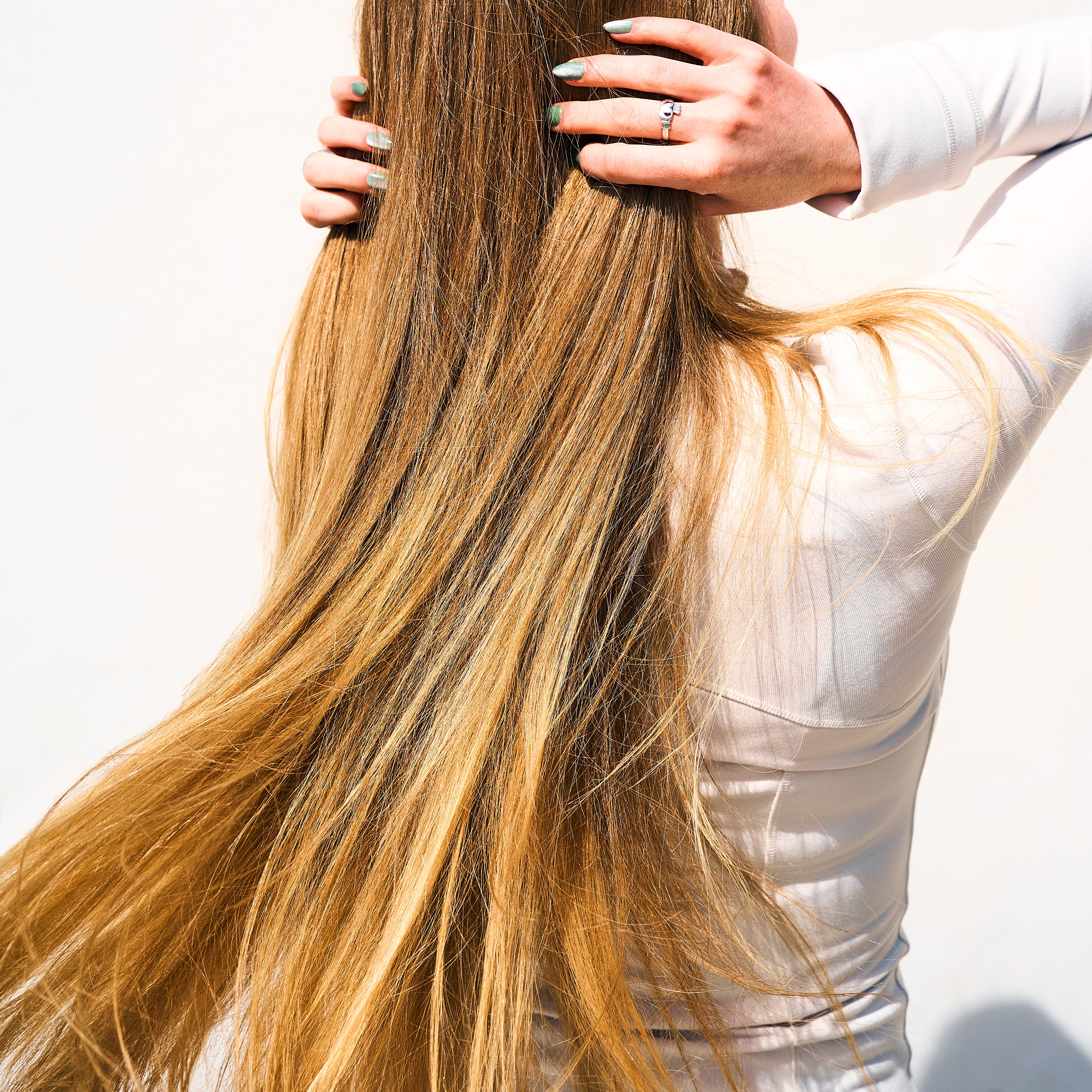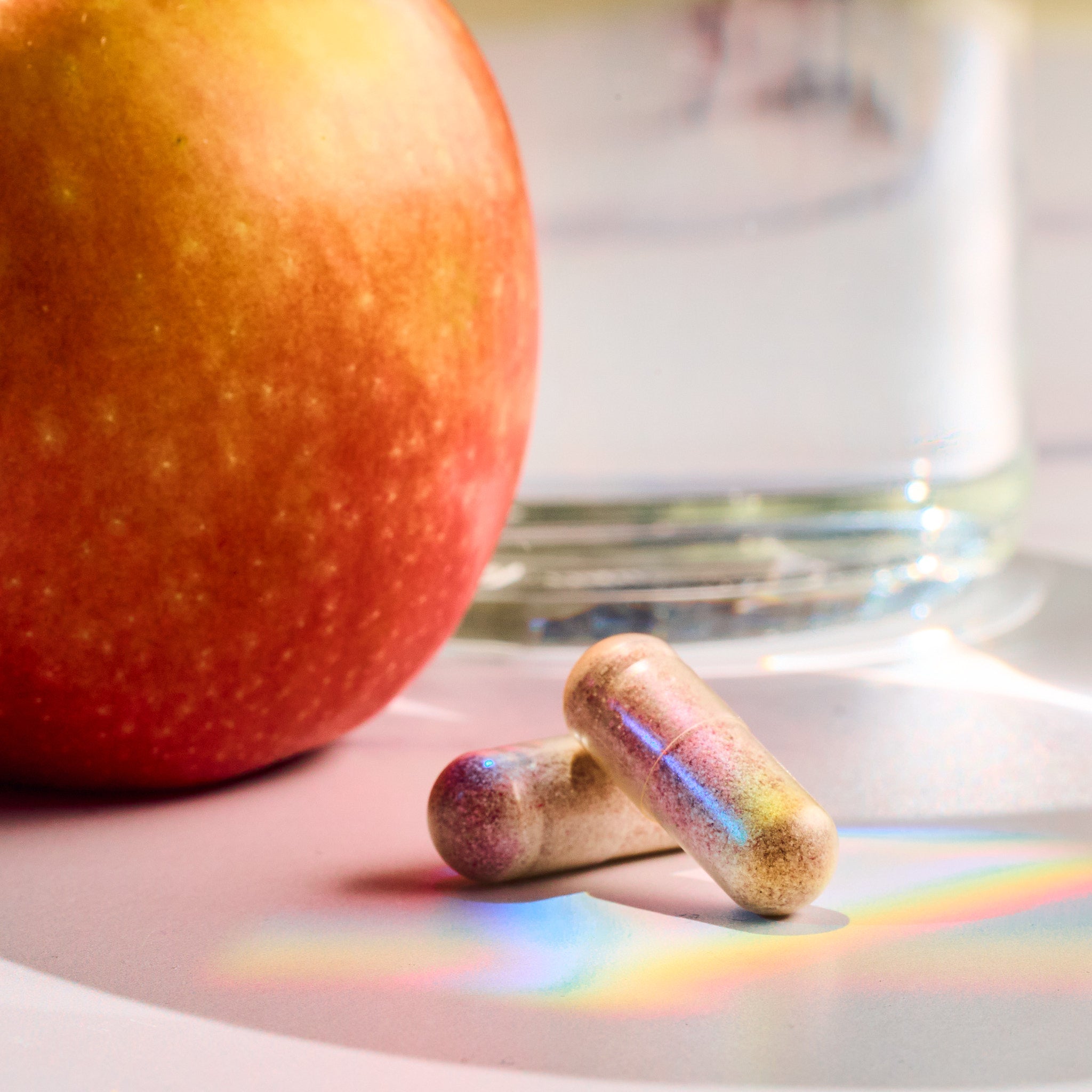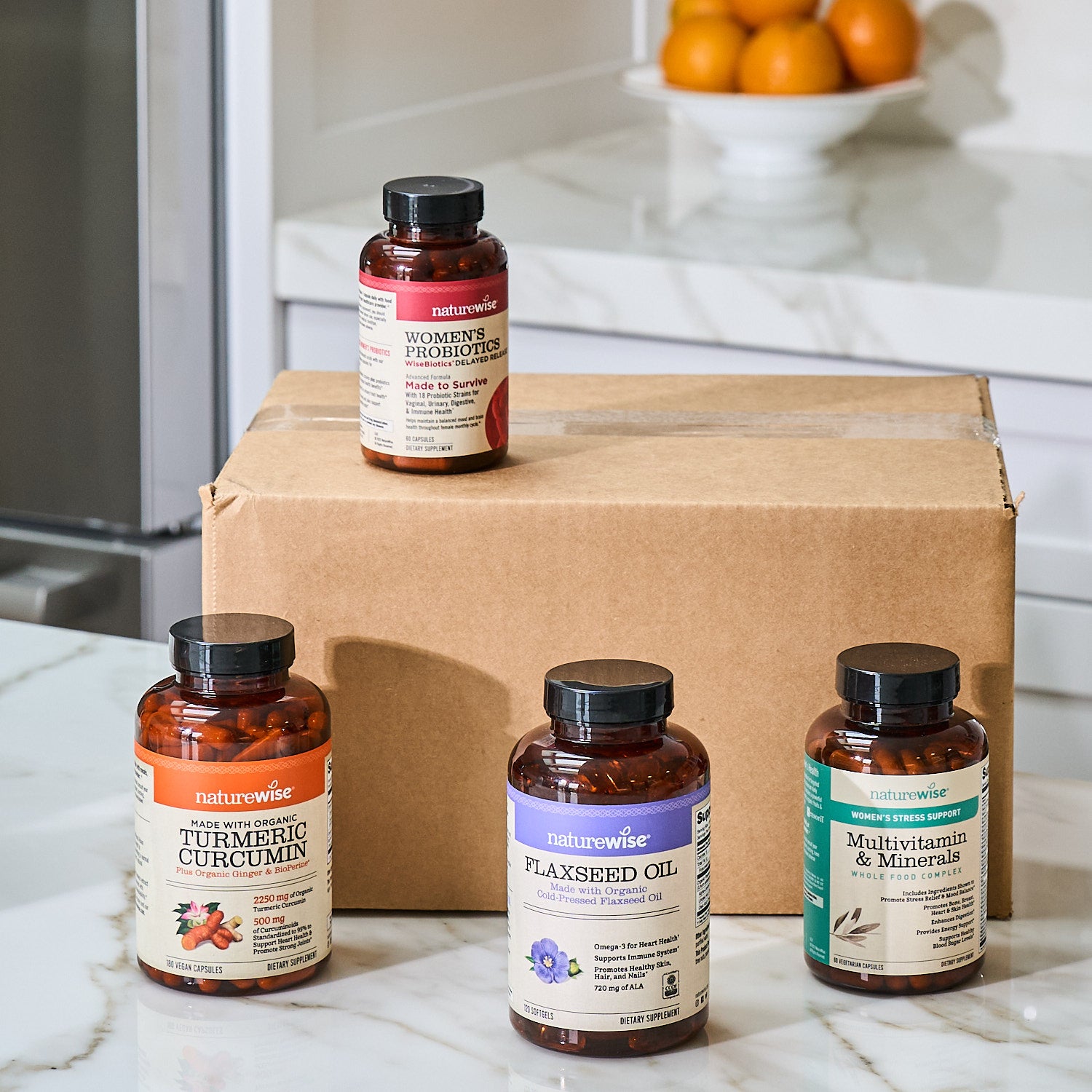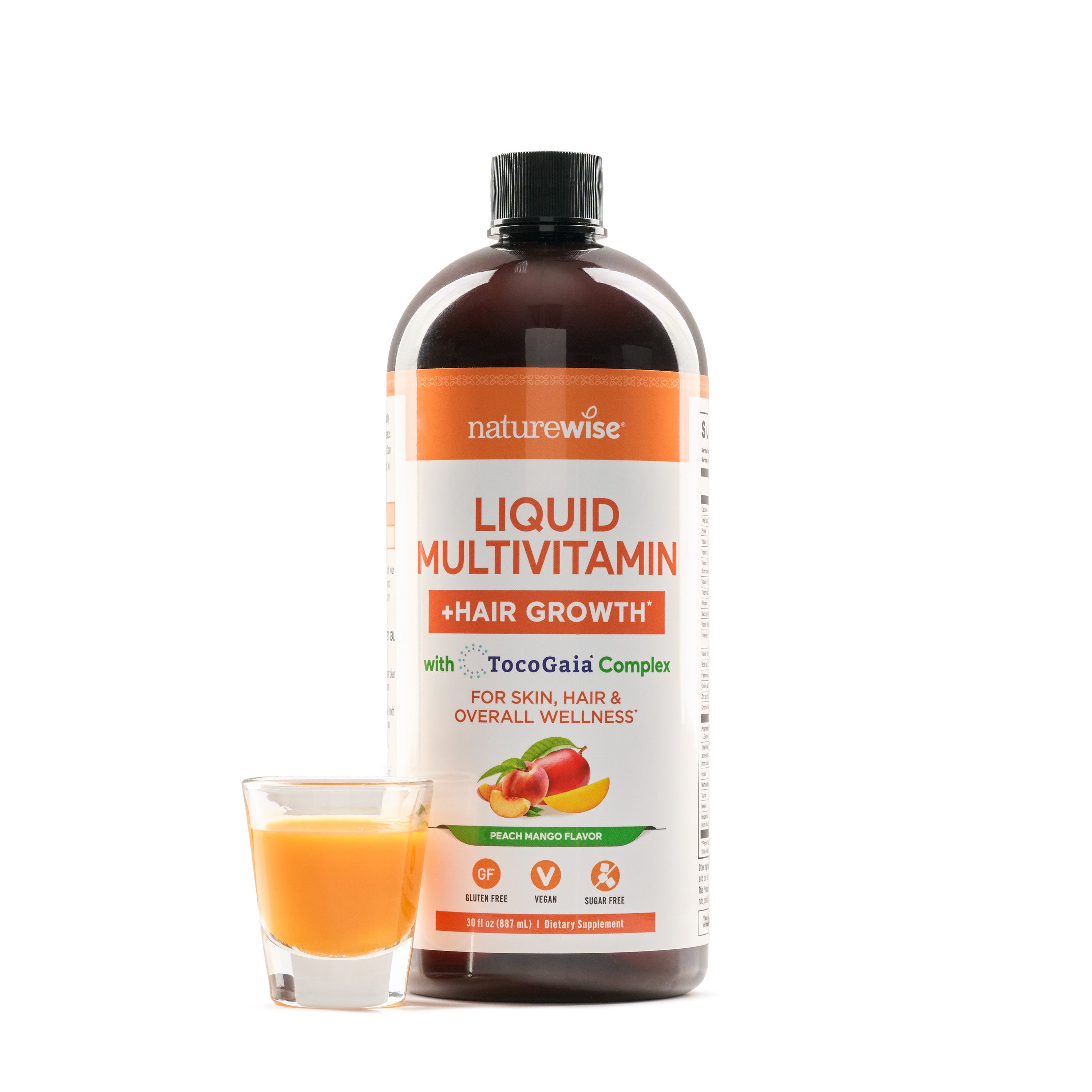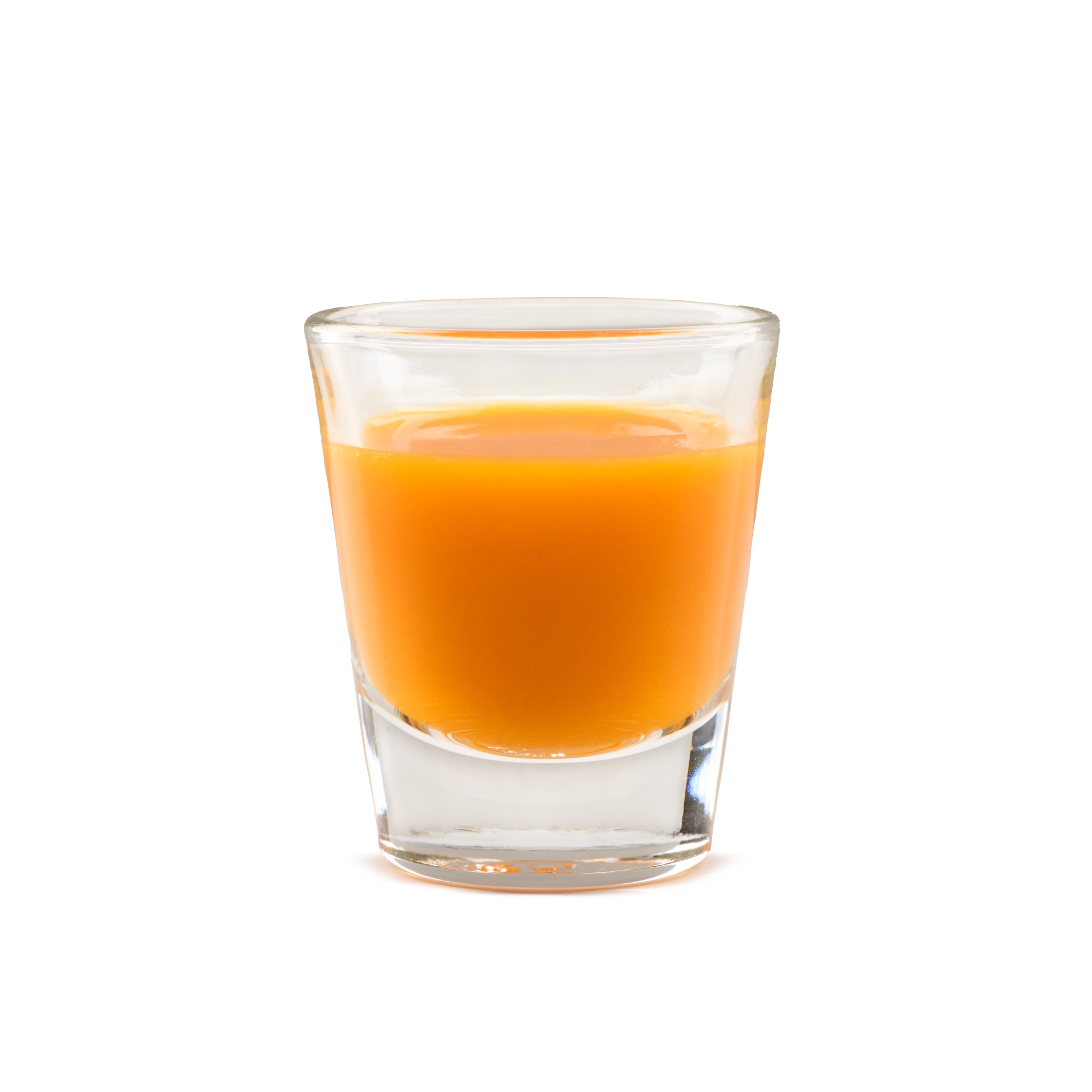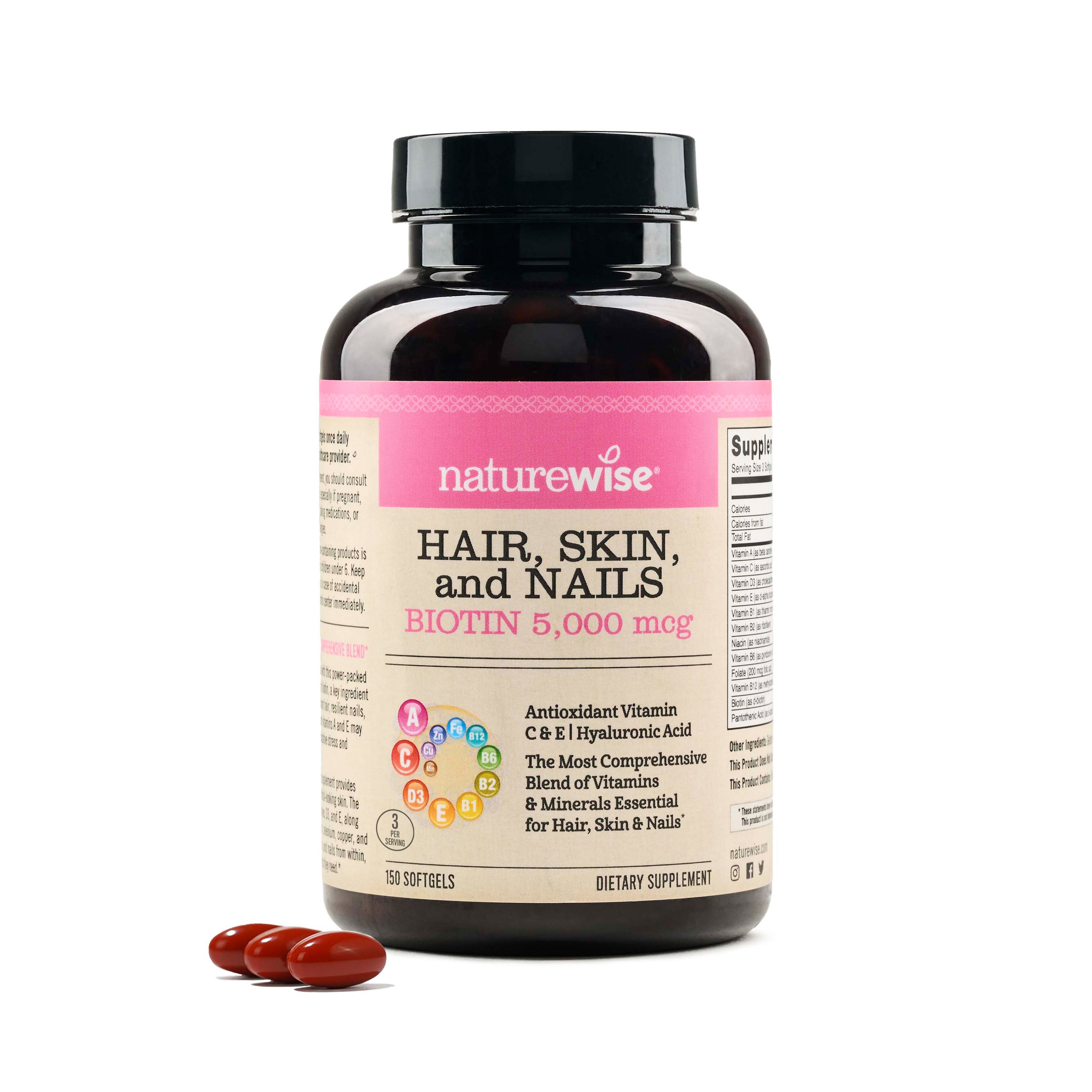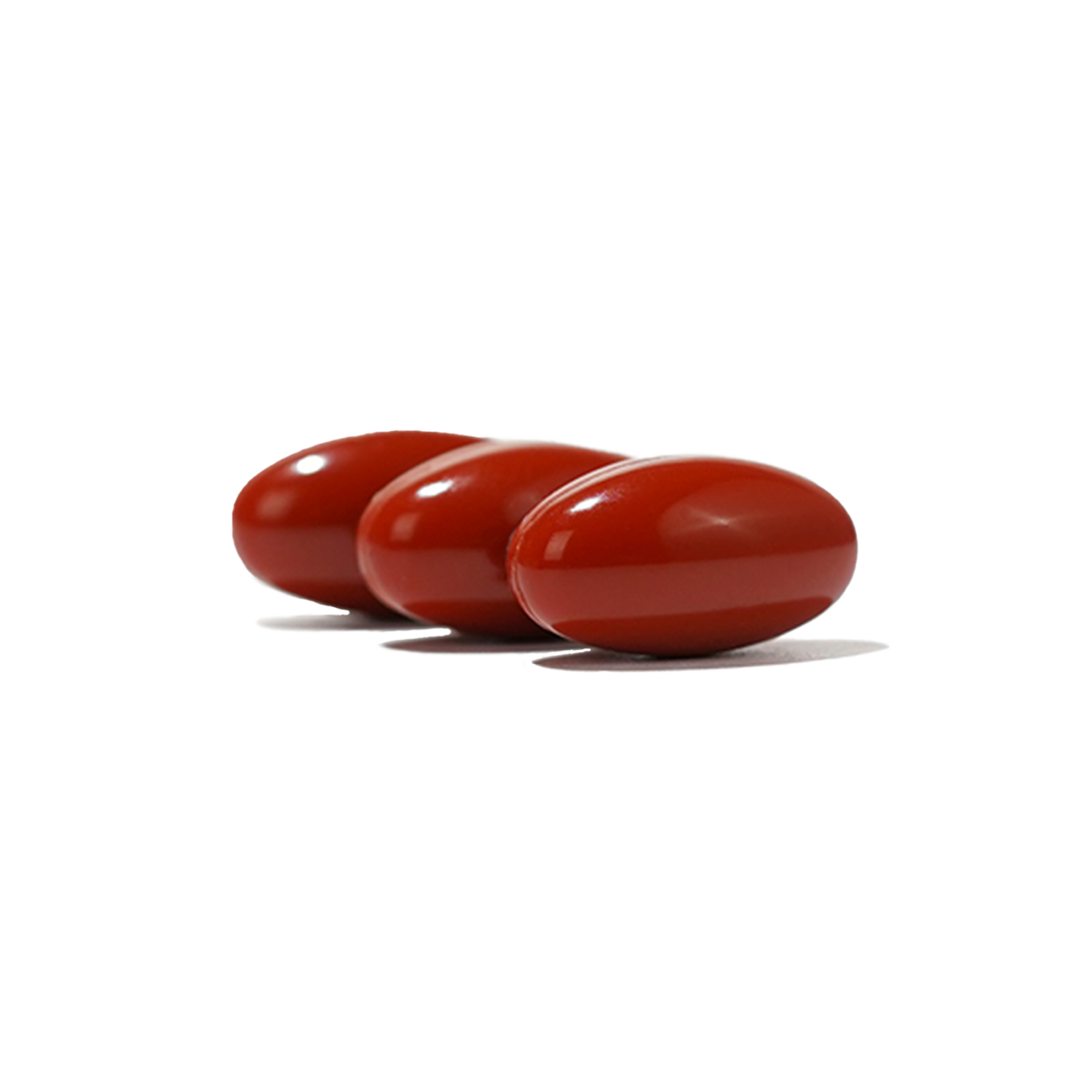When you're experiencing hair loss or noticing your hair isn't growing as quickly, grabbing a random supplement isn't the quick fix you might hope for. It's more like solving a puzzle - you need to understand how different nutrients work to help give your hair exactly what it needs.
The Biology of Hair Growth
Our hair goes through continuous cycles of growth, transition, and rest. Each hair follicle is essentially a tiny ecosystem, requiring a delicate balance of nutrients to function optimally. Factors like genetics, stress, diet, and overall health significantly impact this intricate process.
Which Supplements Help with Hair Growth?
Hair, skin, and nail supplements often include the same key nutrients that are most important for maintaining strength and growth. That’s because each ingredient plays a distinct role in the complex mechanisms behind hair growth. When you’re looking for a hair multivitamin, you should look out for the following ingredients.
Amino Acids
Amino acids are the building blocks of protein, and protein is what helps build hair follicles and strands. Keratin and collagen, in particular, are responsible for hair growth and density. Amino acids like L-glycine, L-proline, L-serine, and L-glutamine help support fuller locks and healthy hair volume by supporting collagen and keratin synthesis.
B Vitamins
Biotin (B7) has gained popularity in hair supplement circles, but it's just one of several B vitamins crucial for hair health. These vitamins help build keratin, the primary building block of hair. Deficiencies in this B vitamin can lead to weak, brittle hair that breaks easily.
Vitamin C
Often overlooked, vitamin C is essential for collagen production and acts as a powerful antioxidant. It helps nourish hair follicles and supports the absorption of iron, creating a synergistic effect for hair health.
Vitamin D
Vitamin D does much more than support bone health. In hair follicles, it acts like a cellular conductor, regulating how keratinocytes develop and proliferate. Vitamin D supports healthy hair growth by regulating keratinocyte function in hair follicles*.
Vitamin E
Vitamin E has an antioxidant effect on skin, hair, and eyes. A potent and bioavailable form of vitamin E tocotrienols, an ingredient included in our product, has been studied for its potential role in supporting healthy hair, emerging research suggests tocotrienols may play a role in supporting hair health. However, these studies are not intended to imply treatment or prevention of any disease.(1) This is due to vitamin E’s antioxidant profile, which nourishes and supports the scalp.
Understanding Hair Loss
Not all hair loss is created equal. Androgenetic alopecia (pattern baldness), telogen effluvium (stress-induced shedding), and alopecia areata (autoimmune hair loss) each have unique characteristics and potential nutritional interventions.
Hair Supplement Strategies: A Nuanced Approach
- Understanding your nutritional status with the guidance of a healthcare provider can help determine if targeted hair health supplements are beneficial
- Focus on a balanced, nutrient-rich diet
- Consider targeted supplements under professional guidance
- Be patient—hair growth is a slow process, typically showing results after 3-6 months
Potential Pitfalls of Supplementation
Vitamin Overloading
More isn't always better. Overconsumption of certain vitamins like A and selenium can paradoxically contribute to hair loss. High doses of biotin can interfere with laboratory tests, potentially masking important health indicators. Make sure to avoid excess intake of certain vitamins, as this may impact overall health, including hair health.
Too Much Ashwagandha
Due to the relationship between stress and hair in women and men of all ages, many hair growth supplements contain ashwagandha or other adaptogens to help support stress. Ashwagandha has been shown to support stress reduction for hair health.(2) It also is not recommended for long-term use, which is a given when it comes to hair supplements. Consult a healthcare provider to determine if adaptogens are suitable for you.
Practical Recommendations
- Consult a healthcare professional before starting any supplement regimen
- Prioritize a balanced diet over supplements
- Address underlying health conditions
- Manage stress
- Stay hydrated
Frequently Asked Questions
How long do hair supplements take to work?
Typically, 3-6 months of consistent use is needed to see noticeable improvements. Results may vary, but consistent use of hair-supporting supplements can contribute to overall hair health over time.
Are hair supplements safe?
Can supplements reverse genetic hair loss?
Supplements can support hair health but cannot fundamentally alter genetic predispositions.
Conclusion: Hair Growth Depends on Overall Health
1. Beoy, L. A., Woei, W. J., & Hay, Y. K. (2010). Effects of tocotrienol supplementation on hair growth in human volunteers. Tropical life sciences research, 21(2), 91–99.
2. Lopresti AL, Smith SJ. Ashwagandha (Withania somnifera) for the treatment and enhancement of mental and physical conditions: A systematic review of human trialsexternal link disclaimer. Journal of Herbal Medicine 2021;28:100434.



